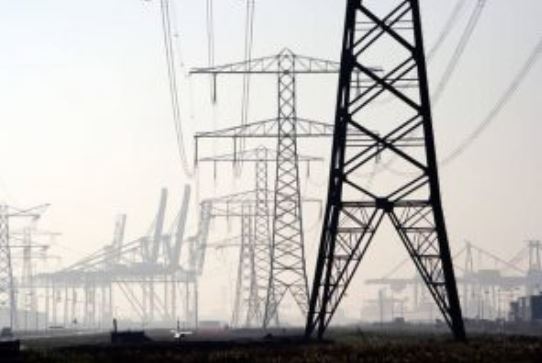
Electricity Tariffs To Be Increased, Regulatory Body Gives Details
Posted by George on Sun 05th Jan, 2020 - tori.ngFile Photo
The Nigerian Electricity Regulatory Commission has said the electricity tariffs being paid by consumers will increase in April this year.
NERC disclosed this in its December 2019 Minor Review of Multi-Year Tariff Order 2015 and Minimum Remittance Order for the Year 2020.
It said the order was issued to reflect the impact of changes in the minor review variables in the determination of cost-reflective tariffs and relevant tariff and market shortfalls for 2019 and 2020.
The commission said the order also determined the minimum remittances payable by the Discos in meeting their market obligations based on the allowed tariffs.
It said, “The Federal Government’s updated Power Sector Recovery Programme does not envisage an immediate increase in end-user tariffs until April 1, 2020, and a transition to full cost reflectivity by end of 2021.
“In the interim, the Federal Government has committed to funding the revenue gap arising from the difference between cost-reflective tariffs determined by the commission and the actual end-user tariffs payable by customers.”
According to NERC, all Discos are obligated to settle their market invoices in full as adjusted and netted off by applicable tariff shortfall.
It said, “All FGN intervention from the financing plan of the PSRP for funding tariff shortfall shall be applied through NBET and the market operator to ensure 100 per cent settlement of invoices issued by market participants.
“Effectively, this order places a freeze on the tariffs of TCN and administrative charges until April 2020 at the rates applied in generating MO invoices for the period of January to October 2019.”
According to NERC, the minor review variables are Nigerian and the United States inflation rates, naira-dollar foreign exchange rates, gas prices and available generation capacity.
Meanwhile, Nigeria’s electricity grid collapsed four times in the fourth quarter of 2019, the latest figures obtained from the Federal Ministry of Power showed.
It was also observed that the total quantum of energy generated on the grid during the period under review hit the highest peak of 5,156.9 megawatts on November 19, 2019.
Although the highest power generation during the fourth quarter was recorded in November, the grid witnessed two collapses in the same month.
In December, the grid collapsed twice, after it had recorded a peak power generation of 4,124.3MW on December 1.
In its report on implementation milestones of the Transmission Rehabilitation and Expansion Programme from February 2017 to October 2019, the Transmission Company of Nigeria stated that since May 2019, the grid was unstable due to poor distribution networks, a claim which power distributors countered.
The TCN is owned by the Federal Government and it is the only company, out of the 18 successor companies unbundled from the defunct Power Holding Company of Nigeria that was not privatised.
Although the TCN stated that the instability of the grid was due to poor distribution networks, power distributors countered the claim by the transmission company.
Speaking on behalf of power distributors under their umbrella body, Association of Nigerian Electricity Distributors, the Executive Director, Research and Advocacy, Sunday Oduntan, faulted the TCN’s claim.
He said power distributors recently published the facts about the matter while referring to the Discos’ earlier statement that the TCN still had a lot to address.





















































